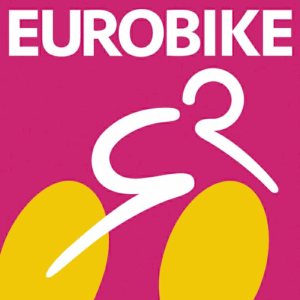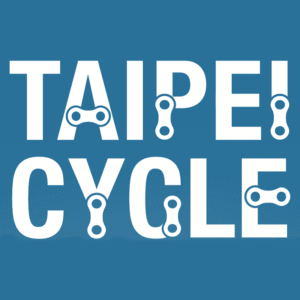While buyers’ attendance was down noticeably at this year’s edition, Taichung Bike Week saw a slight increase in exhibitors. The sourcing event once again proved its worth as the global bicycle industry’s prime platform for exchange along its supply chain.
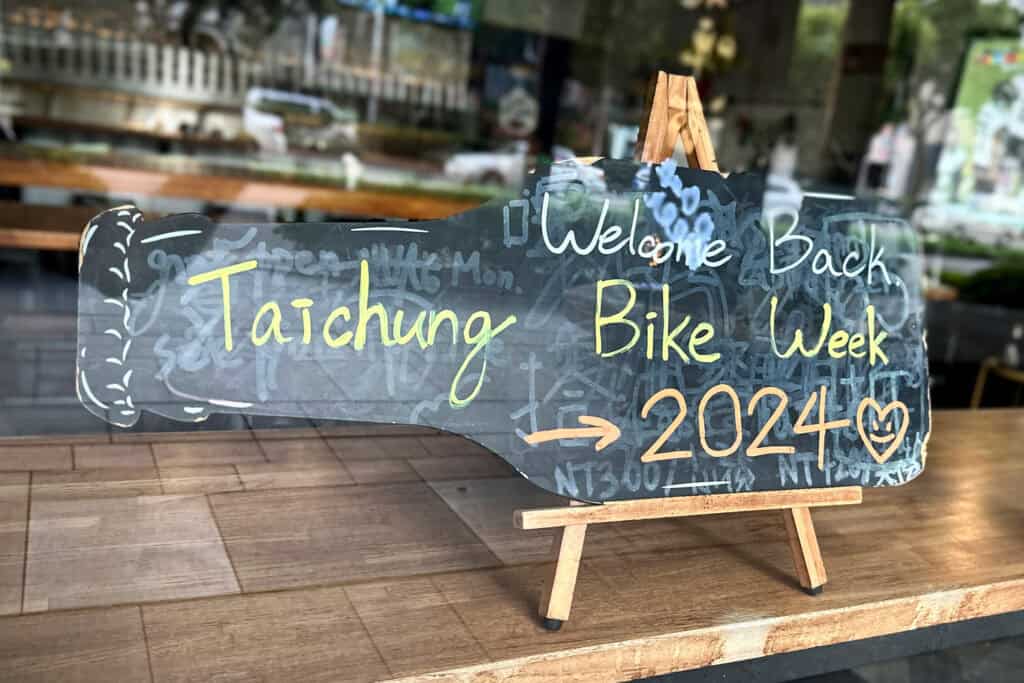
Despite ongoing overstock issues and no real progress regarding the challenging market conditions, this year’s edition of the Taichung Bike Week saw an increase of 22 exhibitors compared to the year before. More than half of the roughly 360 exhibitors set up their booths on the various floors of the Splendor Hotel, with about a hundred at Evergreen Laurel and the rest at Tempus Hotel. Probably the most prominent first-time exhibitor was Chinese consumer electronics giant DJI, which had taken plenty of headlines three months earlier at its Eurobike debut with the Avinox e-drive system. While most exhibitors came from either Taiwan or China, India has increased its footprint at this year’s show, with big players such as Hero Motors’ EDU Systems branch and Amar Wheels as examples.
E-bike components take center stage
The ongoing push towards e-bikes meant that e-drive motors, batteries, controllers, cables, and connectors were making up quite a part of the show, especially so in the Splendor Hotel. Since most of the 2026 model year spec has been decided upon already, the focus at Taichung Bike Week shifted to the 2027 model year, when the current overstock issues and the ongoing slump in demand and consumer sentiment hopefully will be a bad memory from the past rather than a daily headache. Until then, there is some serious work to do — one industry insider estimated the overall value of the overstock at US$ 16 billion globally back in March at the Taipei Cycle Show.
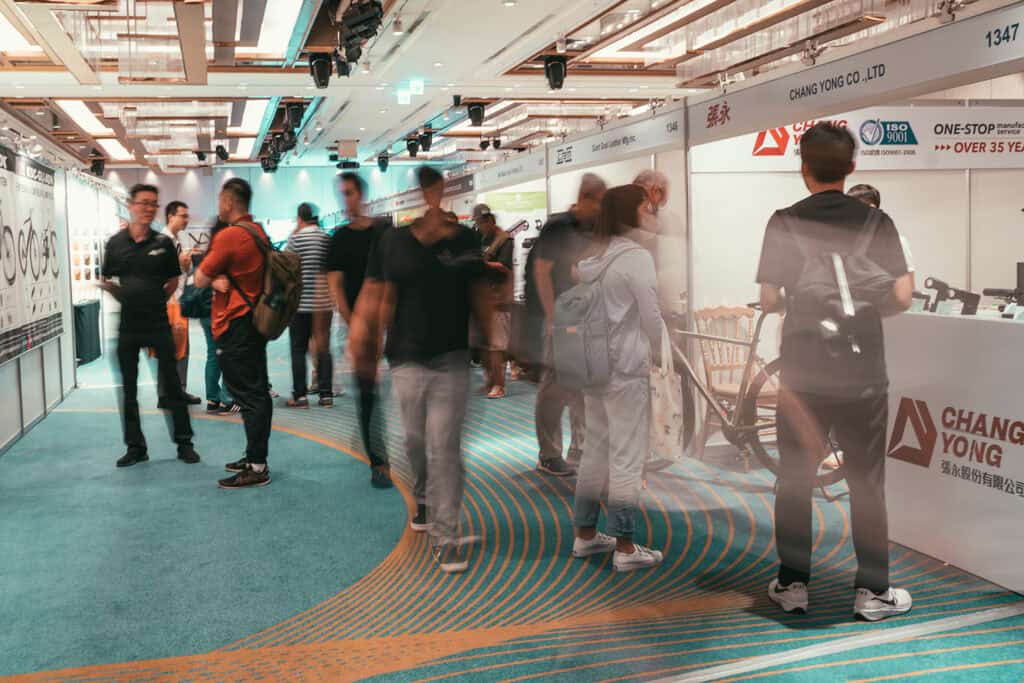
While the number of exhibitors was up slightly, the number of visitors was down noticeably, especially from Europe. This was a symptom of cost-cutting, but the possibility to resort to online channels rather than to take the trip to Taichung also played a part, according to Bicycle Cluster’s Alfred Tsai: “During the September exhibition period, we counted over 10,000 online users and more than 100,000 page views on the Taichung Bike Week website. Most users came from the United States and Germany, followed by countries such as France, Japan, and the United Kingdom. Compared to last year, online traffic doubled, indicating that more and more people are getting used to engaging online.”
Comments from the participants
The drop in attendance at this year’s Taichung Bike Week was most noticeable with visitors from Europe than with those from the United States, as Tektro-TRP’s Marketing Manager Otis Chen observed: “It was a relatively quiet show with fewer OE customers. We have seen more US brands returning after some time away, and as for the Europeans, the regular visitors were here and we had good meetings with target customers. Overall, we had the same amount of meetings as last year, with the market feedback being the same as at Eurobike: at the moment, it is still flat, but by the last quarter of this year, we may see a slight increase.”

“Last year, many overseas visitors made the trip to Taichung Bike Week despite the dismal state of the industry as there was a lot of catch-up to do after the long COVID-related hiatus,” Wellgo’s Director of Sales and Marketing Jennifer Chen explained. “This year, the state of the industry was reflected in the lower attendance, which I would estimate to be just 50 percent of last year’s numbers.”
Having visited Taichung Bike Week more than a dozen times, Stefan Reisinger, the CEO of Eurobike organizer fairnamic, agreed. “This edition clearly was less busy, but I still had a lot of good meetings and conversations. For this reason, the days spent here were well worth it.”
Lucy Chen, Marketing Manager at DTboost, mentioned the networking opportunities at Taichung Bike Week as a big positive. Regarding the market situation, she said: “Even though there are challenges like supply chain problems and rising costs, there’s still a lot of innovation, especially with e-bikes and eco-friendly materials. Companies are trying to adjust to the changing market while continuing to look for ways to grow.”
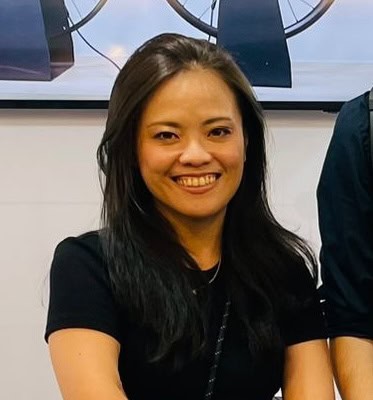
“This year’s show was very important for Mavic as a follow-up on last year’s promises,” said the French wheel specialist’s Global OEM BU Unit Manager François Joly. “We now have OE structure set up with a dedicated catalog and sales force, OE-only products, and matching pricing. Despite a more quiet show we had a lot of traffic.”
As an exhibitor strong in spare parts and accessories who likely is profiting from the larger number of bicycles circulating since the pandemic, Wayne Moore of Ashima and Legion was even more upbeat about this year’s Taichung Bike Week edition: “For me, this was the best Taichung Bike Week ever. I have never before gathered that many business cards and thus new contacts, and every meeting was highly productive. This really was a case of quality over quantity in terms of visitors.”
Market data I: Destocking is coming to an end
Another opportunity to determine the state of the industry was provided by the “Venture On Executive Forum,” which was held for the first time during Taichung Bike Week. Anchor Asia, which has already organized networking events at the Taipei Cycle Show and Eurobike, invited key decision-makers on the second day of the trade show to discuss both the current status of the bicycle industry and possible future developments. Among the approximately 40 participants were several industry heavyweights, including Altina Lin (Taiwan Bicycle Association), Bonnie Tu (Giant Group), Deborah Wu (KMC Global), Leo Chen (Tektro), Charlie Chuang (Hyena), and Stefan Reisinger (Eurobike).
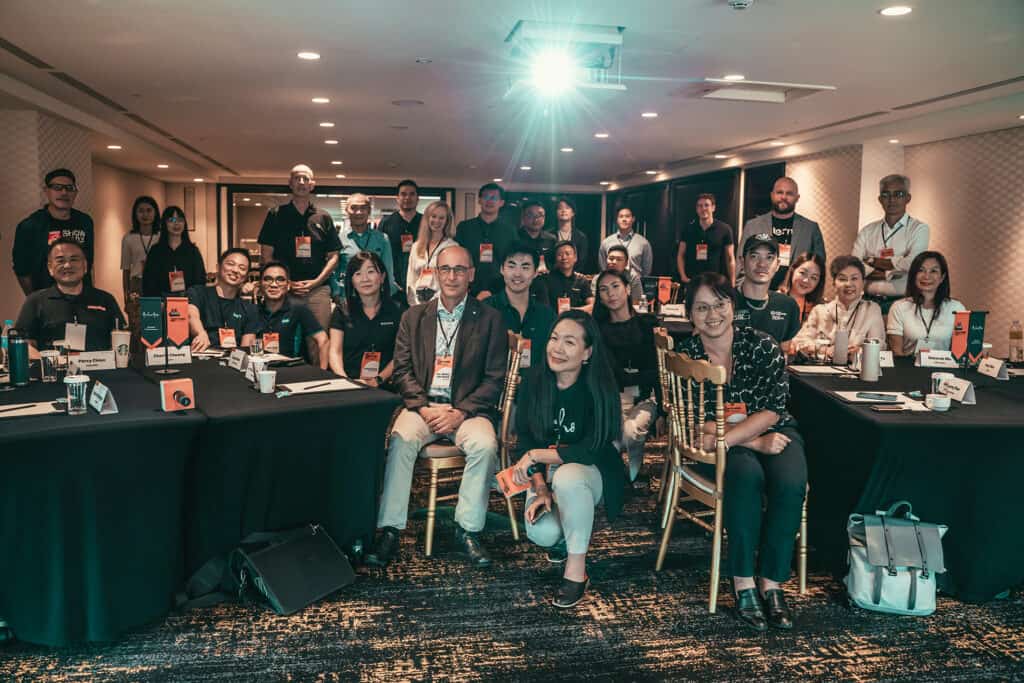
In one of the sessions, there was a small indication that the light at the end of the tunnel is approaching. Investment Analyst Shu-Yu Lin from the capital and investment group CL Securities Taiwan presented findings from the “Taiwan Bikes” report, which analyzed corporate reports of publicly listed bicycle companies. According to the analysis, Giant, Merida, KMC, and Shimano all report decreasing stock levels. For all four companies, the peak was reached around the turn of the year 2022/23, and inventory levels have been steadily declining since. However, there are significant differences among the companies: KMC has already returned to stock levels similar to those before the pandemic peak, while this is not the case for the others.
Market data II: Taiwan’s exports in decline
This was good news since the newest export statistics from the Taiwan Bicycle Association (TBA), released in The Show Daily magazine during the show, showed that Taiwan’s bicycle industry is facing challenging times. From January to August, the value of exported e-bikes is down 47.8% compared to the same period last year (2024: 479.9 million USD, 2023: 919.5 million USD). For regular bicycles, the drop is even greater at around 60% (2024: 3.8 million USD, 2023: 9.6 million USD).
Jeff Chen, General Manager of Joy Industrial, commented that the future is still unpredictable: “Some companies are coming back with better control and management to lower their inventories and sell more bikes out, and some other companies are still struggling with plenty of inventory and still making their best efforts to sell their bikes. So, until now, we still see some ups and downs, good and bad news, every day. What we are still doing is focusing and working more closely with our customers, offering better products, and improving ourselves with lean management so we can be ready when the market is back in the coming year.”
The dates for next year’s Taichung Bike Week have already been announced. 2025, the event will be hosted from September 16th to 19th.

